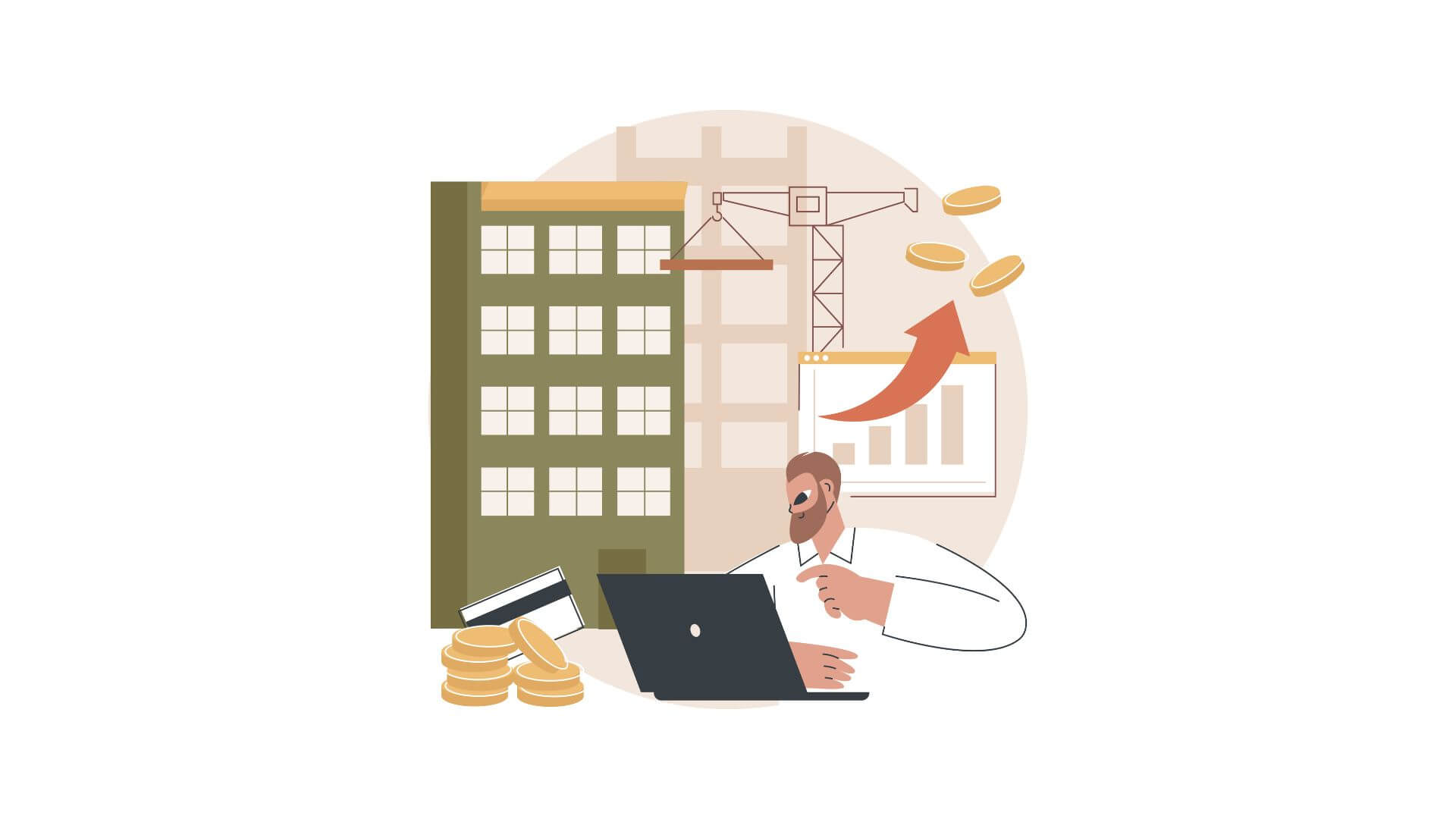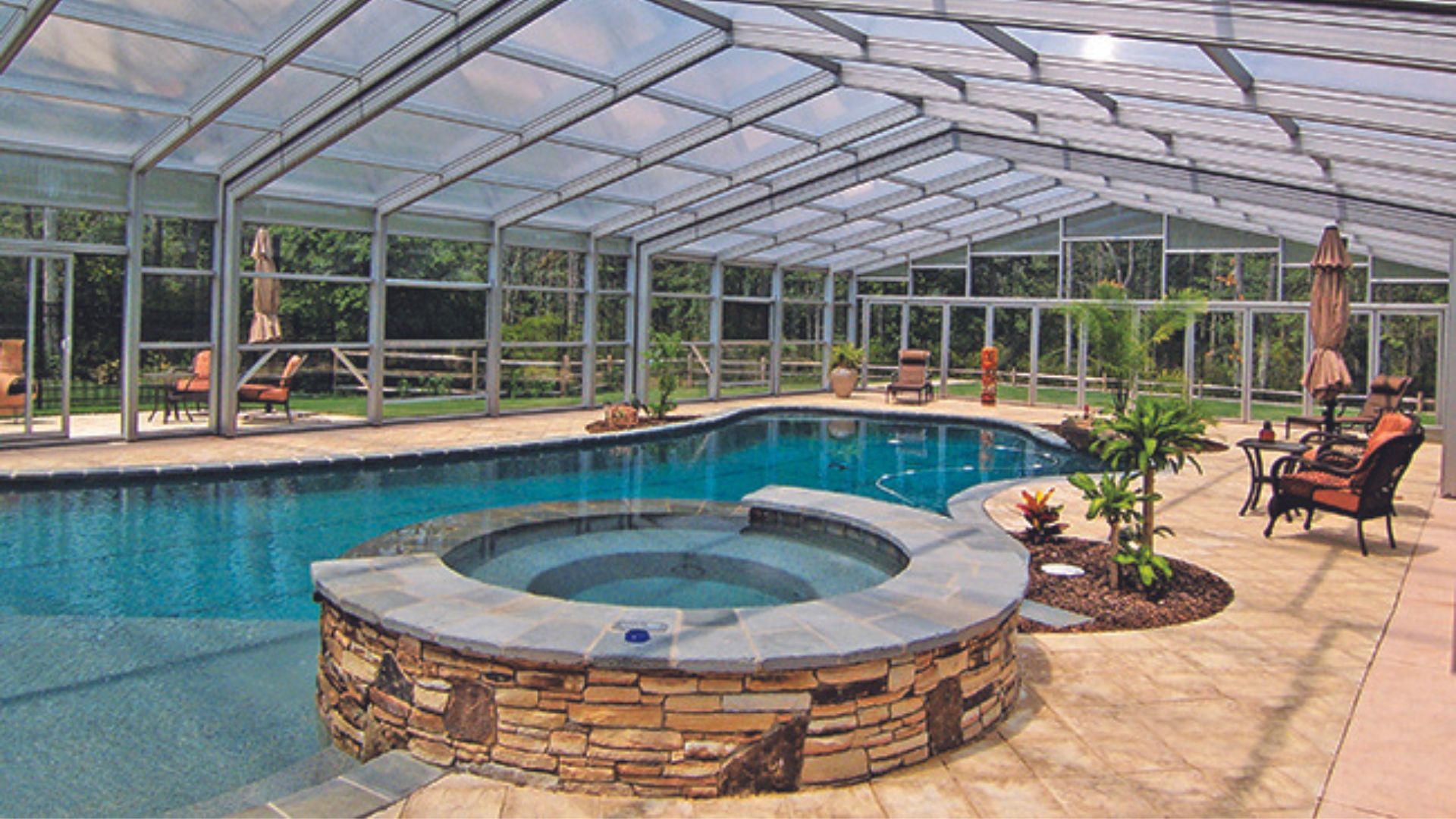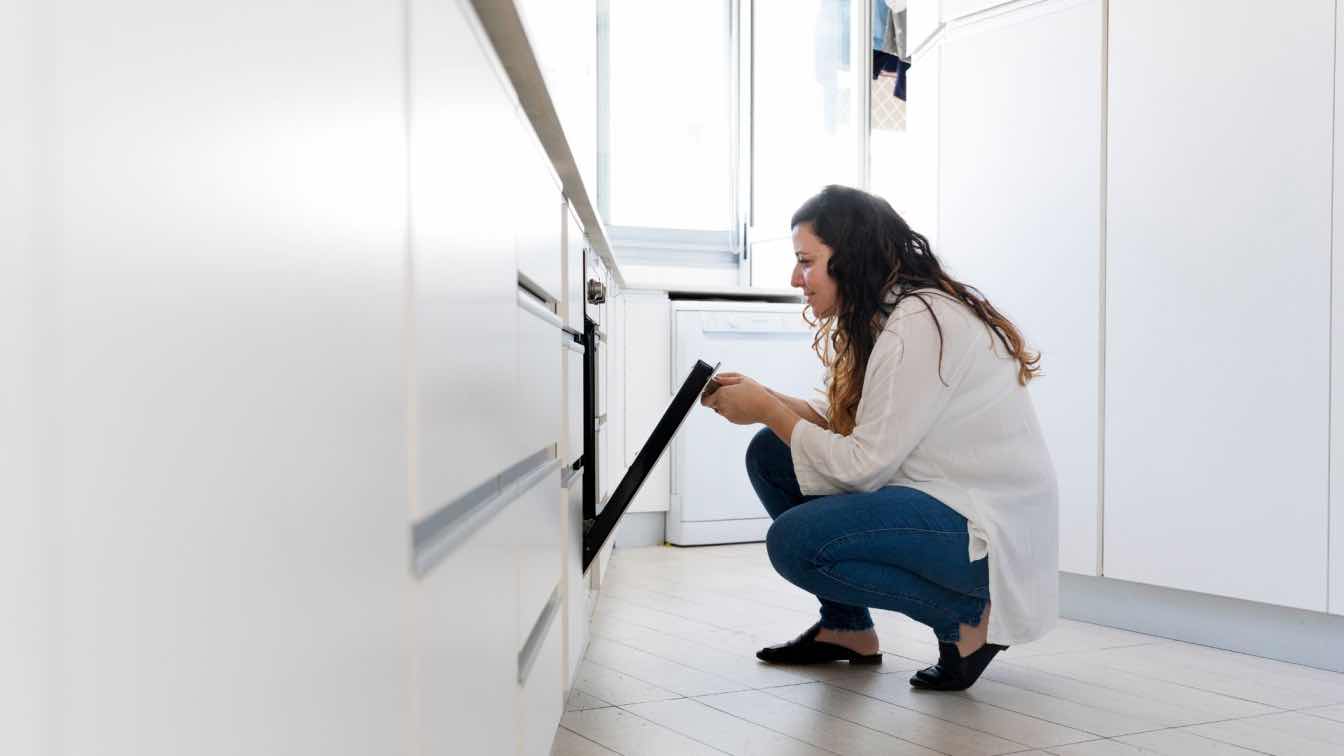For many homeowners, an air conditioning system is absolutely necessary for comfortably making it through hot and humid summer months. However, as these complex systems operate daily, driving down indoor temperatures, they require proper care and maintenance to deliver reliable cooling and healthy indoor air efficiently.
Understanding how home air conditioning units function provides crucial insight into components vulnerable to wear and key maintenance needs. Whether you have a central air conditioner connected to ductwork, a window unit, or even multiple wall-mounted units, they all rely on the same principles of exploiting refrigerant and airflow to remove heat.
Understanding Your Air Conditioning System
Before diving into maintenance and repair, it's essential to grasp how an air conditioner works. Here's a simplified breakdown:
1. Cooling: The heart of the system is the cooling coil, which contains cold refrigerant that absorbs heat from indoor air blown over it by the blower fan. This brings down the temperature.
2. Filtering: The filter removes dust, pollen, pet dander, and other particles as air passes through. This improves air quality and protects the coil and other AC parts.
3. Cooling Coil: As warm indoor air travels across the cold coil, the refrigerant absorbs heat and cools the air, which is circulated back into your home.
4. Condensation: Moisture from the air condenses on the cold coil, running into a drain pan and down a condensate drain.
5. Blower Fan: The blower fan pulls your home's air in and forces it over the cold coil to cool it down before pushing the air back out via ducts.
6. Hot Air Removal: As the refrigerant absorbs heat, it becomes hot and then passes to the outdoor AC unit to release the heat outside.
7. Cycle Repeats: Once cooled, the refrigerant cycles back to the indoor coil to repeat the process - bringing down your home's temperature.
Understanding the Different Types of Air Conditioning Systems
There are various types of air conditioning systems suited for cooling single rooms up to entire homes. The major categories include:
Central Air Conditioning Systems: The most common type for whole home cooling includes outdoor compressor/condenser units paired with indoor evaporator coils hooked to ductwork that distributes conditioned air.
Split Systems: These central air conditioners have the compressor/condenser outside while the evaporator is inside, connected by refrigerant lines through a small hole in your wall or ceiling.
Packaged Systems: Popular in commercial spaces, packaged AC units combine the evaporator, compressor, and condenser in a single outdoor cabinet and use ducts for cold air delivery.
Ductless Mini-Splits: Mini-split air conditioners have an outdoor compressor that connects via wiring and pipes to one or multiple wall-mounted indoor evaporator units allowing directed cooling without ductwork.
Window Air Conditioners: Compact and self-contained units mounted in windows are a simple room-by-room cooling option needing only an electrical outlet and window access without ducts or wiring.
Choosing the Right Air Conditioning System for Your Home
Selecting the appropriate AC unit for your home requires considering several factors, including:
Size of your home: Properly sizing systems for sufficient cooling capacity to handle peak loads is vital. Oversizing decreases efficiency, while undersized needs to cool adequately. HVAC pros determine ideal capacity based on home size, layout, and more.
Climate: The outdoor climate where you live impacts the size, efficiency, and features needed. Hot, humid climates benefit from systems with good moisture removal.
Budget: Upfront cost, operating expenses, maintenance, and longevity should be weighed when selecting units that best match your budget.
Energy efficiency: Many factors impact energy efficiency, like the SEER rating, proper sizing/installation, duct sealing, new refrigerant types, and precise thermostat calibration. Prioritize efficiency to save on electric bills.
Noise level: Where units are installed affects indoor and outdoor noise, so consider decibel ratings and locations that minimize sound transmission.
Essential Air Conditioning Maintenance Tips
Regular maintenance keeps your air conditioner running smoothly and saves you energy and money in the long run. Here are some key maintenance practices to follow:
Filter Replacement: Dirty, clogged filters reduce airflow, forcing systems to work harder and increasing wear. Check filters monthly during heavy use and change them at least every 3 months.
Cleaning: Gently flush debris from outdoor coils and condenser fins with a garden hose, avoiding damaging them. Ensure drain tubes are clear and the pan offers proper drainage.
Coil Fins: Use a "fin comb" tool to neatly straighten any bent condenser coil fins that block airflow and reduce performance.
Thermostat Check: Ensure it's appropriately calibrated, located away from heat sources, and calling for cooling when desired. Replace batteries regularly to avoid failures.
Schedule Professional Maintenance: Yearly AC tune-ups by qualified technicians perform comprehensive checks and service, boosting efficiency and longevity. They identify issues early, potentially preventing serious damage.
The Importance of Top-Quality Air Conditioning Repair
Now that we better understand what air conditioning repair is let's explore why investing in top-quality professional services is crucial.
Improved Energy Efficiency
Expert technicians have specialized tools and skills to identify problems impairing optimum efficiency. Repairing issues like low refrigerant, faulty components, or leaky ducts saves substantial energy costs over time.
Extended Lifespan of Your AC
Promptly fixing minor problems prevents cascading failures and avoids premature breakdowns of compressors and other expensive gear to maximize your AC's operational lifespan through quality care.
Improved Air Quality
Professionals ensure parts like coils, filters, and fans stay clean. Proper refrigerant levels and airflow keep your AC constantly delivering cool, comfortable, filtered air.
Enhanced Safety
Hazardous electrical components combined with noxious refrigerants make DIY repairs extremely dangerous. Allowing qualified experts protects your family's safety.
Reliability and Peace of Mind
Reputable AC companies stand behind quality repair work with written guarantees for parts and labor so that you can count on your AC lasting through sweltering summers.
When to Call a Professional for Top-Quality Air Conditioning Repair
While basic troubleshooting can sometimes resolve minor air conditioning issues, more complex problems require professional intervention. Here are some situations when it's best to call a top-quality air conditioning repair technician:
No cooling: If turning the thermostat down fails to engage cooling or the system runs but blows warm air, refrigerant charges or electrical controls likely need assessment by a skilled technician.
Strange noises: Clunking, grinding, or loud hums and buzzes may indicate compressors, motors, or fans nearing failure - call an HVAC pro promptly.
Frequent repairs: If your AC requires frequent fixes, deeper issues may be lurking, shortening its lifespan. Consider replacing ancient units.
Major component malfunctions: Circuit boards, compressors, and blower motors often necessitate professional replacements. DIY repairs won't be successful or safe.
Refrigerant leaks: Only certified technicians can legally handle refrigerant. Leaks make ACs inefficient, wear out parts faster, and release harmful greenhouse gases that need expert repairs.
Conclusion
Properly maintaining your home's air conditioning and investing in professional service for repairs is crucial for providing comfortable indoor temperatures, reducing energy costs, and extending your system's lifespan through many hot summers. Implementing suggested maintenance and promptly calling qualified technicians when issues arise allows your family to enjoy cool indoor air reliably. Reach out to highly-rated local HVAC companies for all your home comfort needs.





